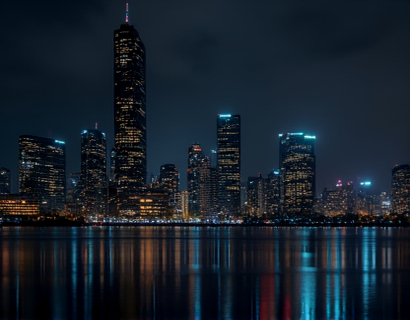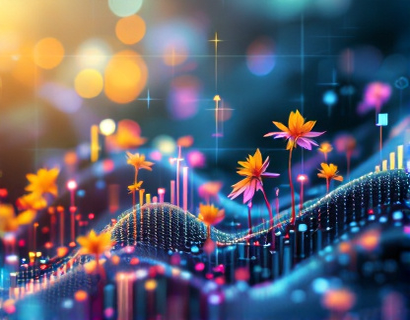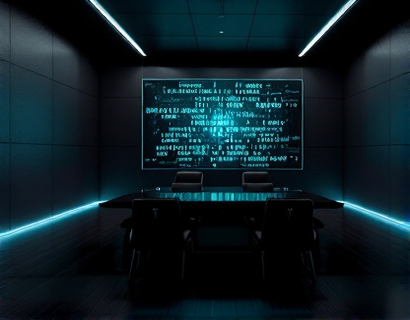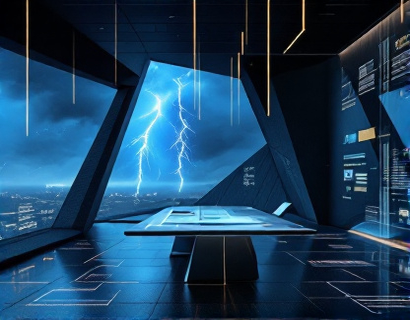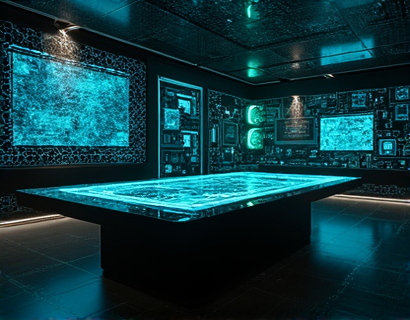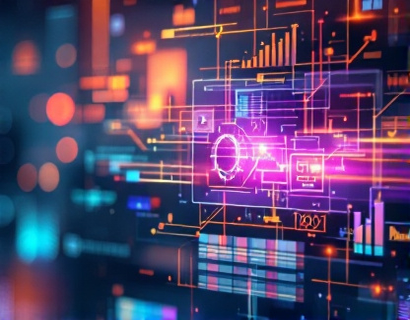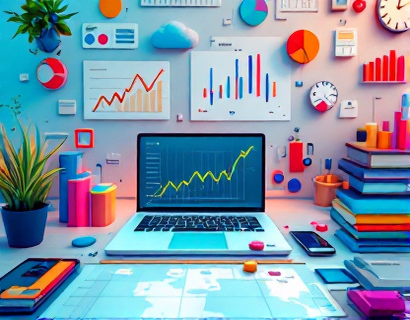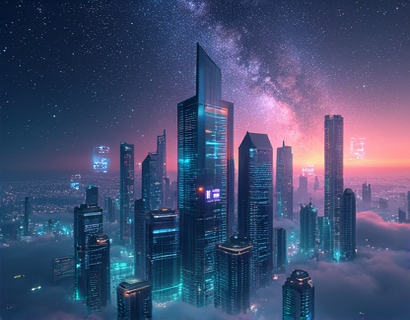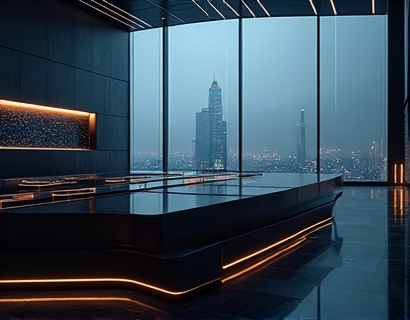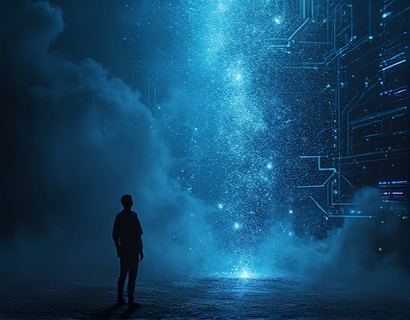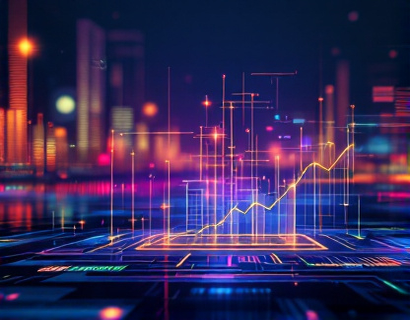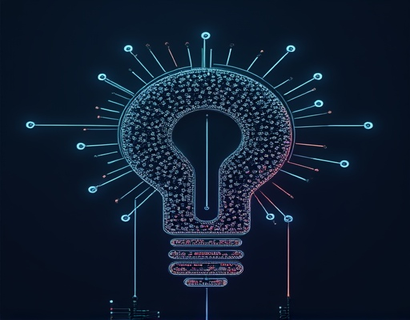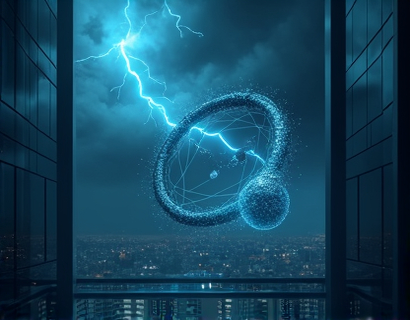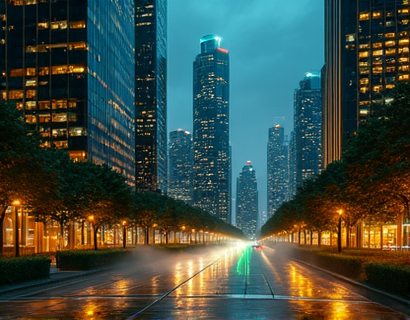Unlocking Musical Creativity with Advanced AI Tools
In the ever-evolving landscape of music creation, the integration of advanced AI tools has revolutionized the way artists compose and produce their work. These innovative technologies are not just streamlining the music-making process but are also enhancing creativity and sound quality. For both professional artists and emerging creators, AI tools offer a new dimension of possibilities, allowing them to transform their musical ideas into reality with unprecedented ease and efficiency.
The advent of intelligent software designed specifically for music creation has opened up a world of opportunities for musicians. These tools leverage machine learning algorithms and neural networks to provide intuitive interfaces that simplify complex tasks. Whether it's generating melodies, creating harmonies, or refining mixes, AI has become an indispensable ally in the creative process.
Enhancing Composition with AI
One of the most significant impacts of AI in music creation is in the composition phase. Traditional composition methods often involve trial and error, with artists spending countless hours experimenting to find the right notes and rhythms. AI tools, however, can analyze vast amounts of musical data to suggest patterns and structures that align with various genres and styles.
For instance, AI can generate lead melodies based on a given chord progression, or create intricate bass lines that complement a lead tune. These suggestions can serve as a starting point or inspire new directions, helping artists overcome creative blocks and explore uncharted territories in their music.
Streamlining the Production Process
Beyond composition, AI tools are also transforming the production aspect of music creation. Mixing and mastering, once time-consuming and requiring extensive expertise, can now be significantly aided by intelligent software. These tools can analyze the balance and clarity of tracks, automatically adjusting levels, EQ, and compression to achieve professional-sounding results.
Moreover, AI can assist in creating realistic instrument sounds and effects, reducing the need for extensive sample libraries. This not only saves time but also allows artists to focus more on the creative aspects of production, such as arranging and arranging elements in a way that enhances the overall piece.
Empowering Artists of All Levels
The beauty of AI in music creation lies in its accessibility. Professional artists with years of experience can leverage these tools to push the boundaries of their craft, while beginners can use them to learn and grow. The intuitive interfaces and guided workflows make it possible for anyone to start creating high-quality music, regardless of their background or skill level.
For emerging artists, AI tools can be a game-changer. They provide a level playing field, allowing newcomers to compete with more established musicians. The ability to quickly prototype ideas and refine them with the help of AI can accelerate the learning curve and help artists develop their unique style more efficiently.
Collaboration and Inspiration
AI tools also facilitate collaboration among musicians, even those who are geographically distant. Cloud-based platforms enable real-time collaboration, where multiple artists can work on the same project simultaneously. AI can mediate these collaborative sessions by suggesting harmonious elements or pointing out areas where the composition can be improved.
Furthermore, AI can serve as a source of inspiration. By analyzing trends and popular elements in current music, these tools can suggest novel combinations of sounds and styles that artists might not have considered otherwise. This can lead to fresh and innovative music that resonates with modern audiences.
Enhancing Sound Quality
Sound quality is a critical aspect of music production, and AI tools excel in this area as well. Advanced algorithms can analyze and optimize the frequency response, ensuring that each element in a mix is clearly audible and well-balanced. AI can also simulate different room acoustics, allowing artists to experiment with how their music would sound in various environments without the need for physical spaces.
Noise reduction and artifact removal are other areas where AI shines. These tools can clean up recordings, removing unwanted noise and imperfections, thus improving the overall polish of the final product. This is particularly beneficial for artists working with limited equipment or in home studios where ambient noise can be an issue.
Customization and Personalization
One of the most appealing aspects of AI in music creation is its ability to adapt to individual preferences and styles. Intelligent software can learn from an artist's past work, understanding their unique sound and preferences. This allows the AI to provide personalized suggestions and automate repetitive tasks, making the creative process more efficient and tailored to each artist's vision.
For example, an AI tool might recognize that an artist frequently uses a certain type of reverb or distortion and automatically apply these effects in new projects. This level of customization ensures that the tools feel like an extension of the artist's own creative process, rather than a rigid set of rules.
Overcoming Creative Limitations
Creative limitations are a common challenge for artists, whether they are struggling with writer's block or seeking new directions in their music. AI tools can help overcome these hurdles by providing fresh ideas and perspectives. By analyzing a vast array of musical data, AI can suggest unconventional chord progressions, rhythmic patterns, or even entire sections of a song that an artist might not have thought of on their own.
These suggestions can spark new ideas and inspire artists to explore different musical territories. The collaboration between human creativity and AI intelligence can lead to breakthroughs that might not have been possible otherwise, pushing the boundaries of what is considered possible in music.
Future Prospects and Ethical Considerations
As AI technology continues to advance, the potential for its integration into music creation will only grow. Future developments may include more sophisticated algorithms that can understand and replicate the nuances of human emotion in music, further blurring the line between machine-generated and human-created art.
However, with these advancements come ethical considerations. Questions about authorship, originality, and the role of human creativity in the age of AI are important discussions to have. It's crucial to ensure that AI tools are used to enhance and support artistic expression rather than replace it.
Conclusion
The integration of advanced AI tools in music creation is transforming the industry, offering unprecedented opportunities for artists to compose, produce, and refine their work. These tools not only streamline the creative process but also inspire new levels of creativity and sound quality. For musicians at all stages of their journey, AI provides a powerful ally that can help bring their musical visions to life.
As the technology continues to evolve, the future of music creation looks brighter and more innovative than ever. Embracing these tools can empower artists to reach new heights, breaking down barriers and redefining the possibilities of what music can be.



